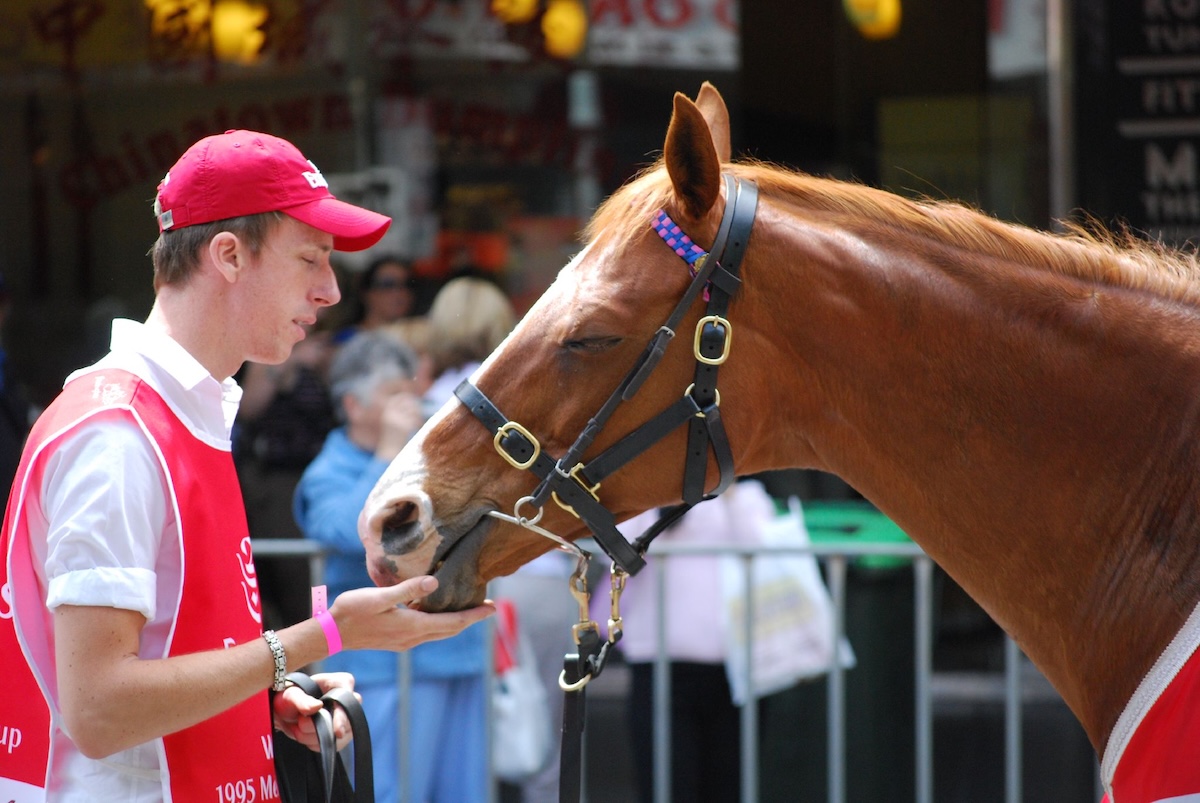

In a tradition that’s almost as rich as the Cup itself, Macquarie Capital’s team of quants, boffins and data scientists have again traded stock tickers for saddlecloths, releasing their annual Melbourne Cup Quant Style report — a tongue-in-cheek exercise in data-driven punting that’s become a cult favourite among finance types.
Update - 3:15 AEDT: After writing this story this morning, the Melbourne Cup has been run and won by - they guessed it - Half Yours. On behalf of Team Switzer, I have passed on our congratulations to the team of Macquarie Capital quants, bots and boffins.
This year, the brains behind the models have tripled down on artificial intelligence, upgrading their playful “PunterGPT” experiment into a full-blown ensemble of large language models — including ChatGPT, Claude, Gemini, and Elon Musk’s Grok — running alongside Macquarie’s in-house quantitative model.
“Recognising the value of diversification, we’ve built an ensemble of models, our very own stable of AI contenders,” the report reads. Each model brings its own quirks and predictive strengths, giving the team what they call a “broader edge” in tackling the Cup’s legendary unpredictability.
And for the first time, the machines and the humans have reached consensus. Both the traditional quant model and the AI lineup have identified Half Yours, Presage Nocturne, Valiant King, and Flatten the Curve as the top contenders for Tuesday’s race.
The quants have also added a “tariff handicap” this year — a nod to the global trade tensions shaping markets in 2025 — docking international horses without local form. That means runners like Al Riffa and Flatten the Curve face penalties for being unproven in Australian conditions, while homegrown performers Half Yours and Torranzino get a boost.
The report compares the strengths of both approaches. The traditional model, grounded in hard data like odds, prize money, and win percentages, is praised for its transparency and objectivity. The AI models, on the other hand, shine in interpreting context — weighing trainer form, market sentiment, and that elusive “X-factor” which can turn an outsider into a legend.
Ultimately, Macquarie says it’s betting on both brains and bots: “We’ll go for the win on horses identified by both approaches, and construct a box trifecta using the top six runners from each model.”
For the quants, it’s less about betting than blending: combining quantitative rigour with AI creativity to tackle one of the world’s most unpredictable contests. And as their disclaimer reminds readers — with studied modesty — the model “is not intended to be taken seriously.”
Still, given last year’s $81 shock winner, a little machine-learning luck might not go astray at Flemington.
It's worth noting though: horse racing is still pretty mean. If you're like me and would prefer that the horses get to walk around and eat grass at Flemington instead, I'd encourage you to donate to the RSPCA instead of chucking on a lazy bet. They're for all creatures great and small, after all.